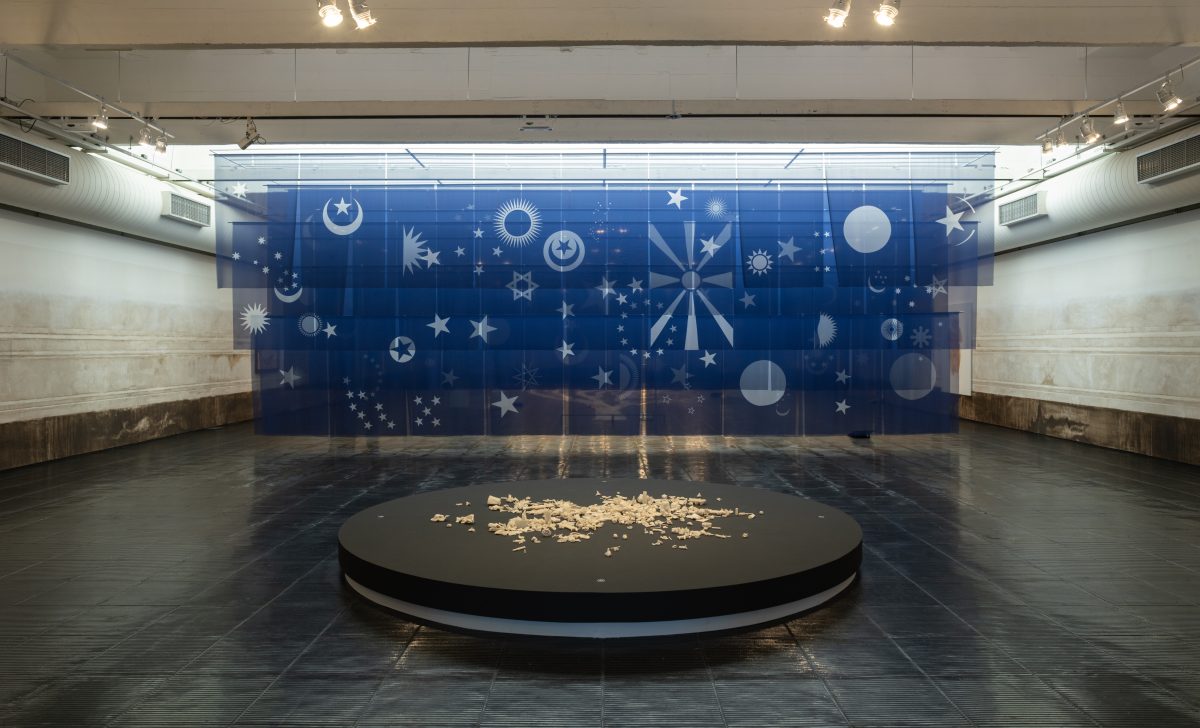Clarissa Tossin: Point of No Return
Born in Porto Alegre, Clarissa Tossin moved to the United States about 20 years ago to pursue her master’s degree. Despite an extensive international career, this is her first solo exhibition at a museum in Brazil. The show brings together 40 works created between 2008 and 2025—including sculptures, installations, videos, weavings, paintings, and photographs—14 of which were produced especially for MASP.
The exhibition’s subtitle, “Point of No Return,” refers to a moment in the planet’s history when it would no longer be possible to remedy the harmful effects of human actions on the environment. From that point on, the signs evident on Earth and in global warming are considered irreversible.
Beyond portraying the climate crisis, Tossin incorporates into her works the material elements of catastrophe, grounding her practice in the remnants of a collapsed world—what she calls “future fossils.” These are sculptures are made from discarded materials, plant fragments, or casts of her own body. At the same time, the artist often turns to the macro scale, the world, the universe, in works that engage with maps, flags, and images of outer space.
Two major climate events shaped the development of this exhibition and resonate in some of the works on view. In May 2024, devastating floods struck the state of Rio Grande do Sul, her birthplace and where part of her family lives. In response, Tossin conceived Volume morto [Dead Pool] (2025), a large-scale installation enveloping the gallery walls, as if to evoke the traces of an imagined flood within the museum itself.
In January 2025, a massive wildfire swept through Los Angeles, where Tossin lives, destroying entire neighborhoods, including the home of a collectors who owned one of her works. These events underscore the connections between the artist’s practice and research and the inescapable reality of environmental disasters. Clarissa Tossin reflects on what it means to keep making more objects in times of climate emergency—a point of no return for the Earth, for living beings, for humans, and for art itself.
Clarissa Tossin: point of no return is curated by Adriano Pedrosa, artistic director of MASP, and Guilherme Giufrida, assistant curator at MASP.

